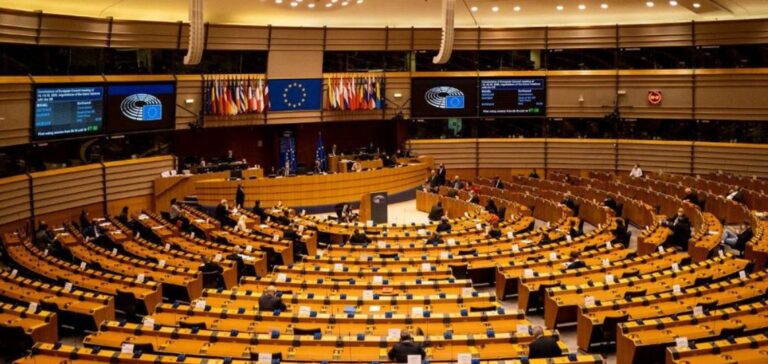According to an analysis by the think tank Bruegel, EU countries have allocated or earmarked 681 billion euros for the energy crisis, Britain 103 billion euros and Norway 8.1 billion euros since September 2021. In total, this amounts to almost 800 billion euros, compared to 706 billion euros in Bruegel’s last assessment in November. Germany allocated almost 270 billion euros, which is more than all other countries combined, while Britain, Italy and France spent less than 150 billion euros each.
Untargeted measures to reduce energy prices
Bruegel said most countries had focused their support on untargeted measures to reduce the retail price consumers pay for energy, such as VAT reductions on gasoline or caps on retail electricity prices. However, the think tank warned that this dynamic must change, as states lack the fiscal space to maintain such broad funding.
Bruegel then urges governments to focus more on income support policies targeted at the bottom two quintiles of the income distribution and on strategic sectors of the economy. “Instead of price suppression measures that are de facto fossil fuel subsidies, governments should now favor more targeted income support policies,” said analyst Giovanni Sgaravatti.
Spending in the same league as the EU COVID-19 stimulus fund
The countries’ spending on the energy crisis is now in the same league as the EU’s 750 billion euro COVID-19 stimulus fund. This saw Brussels contract a common debt and pass it on to the 27 member states of the bloc to deal with the pandemic.
Plans raise fears in some EU capitals
The energy spending update comes as countries debate EU proposals to further relax state aid rules for green technology projects as Europe seeks to compete with subsidies in the U.S. and China. However, these plans have raised concerns in some EU capitals that encouraging more state aid will disrupt the bloc’s internal market. Germany has been criticized for its massive energy aid program, which far exceeds what other EU countries can afford.
Europe’s bill for dealing with the energy crisis has soared to nearly 800 billion euros, urging countries to be more targeted in their spending to address the crisis. Governments should promote targeted income support policies and focus their support on strategic sectors.






















